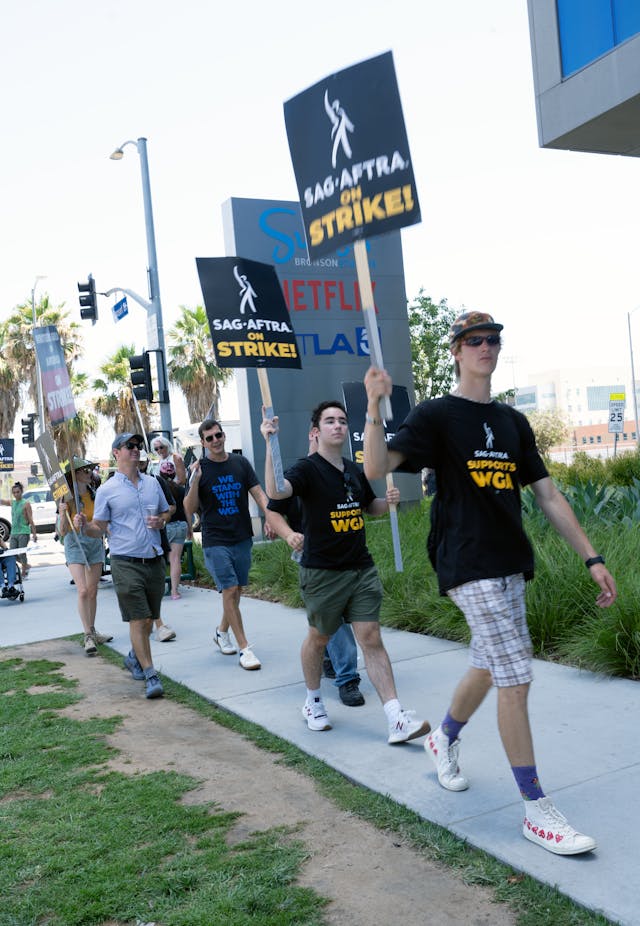Rise in union membership of video game workers following redundancies
Unions representing workers in the video game industry have experienced a huge upsurge in membership, reports from the Observer have suggested.
A recent series of redundancies at Epic Games, the developer of Fortnite, saw a 12% increase in the Game Workers branch of the Independent Workers of Great Britain (IWGB) union alone. The union, one of several to emerge in recent years to represent game workers, has seen its membership double overall in the last year.
Workers’s representation in the game industry has been somewhat limited since it emerged as one of the foremost employers.
Whilst attempts at unionisation are not new, with Atari workers attempting to organise in the United States as far back as 1984, it is only in recent years in which the picture has begun to change. But there are signs on both signs of the Atlantic that unionisation is growing. Last year, Microsoft recognised its first union in the United States. The Screen Actors Guild-American Federation of Television and Radio Artists (SAG-AFTRA), the union representing actors in the nation, also recently moved to pursue strike action against major video game companies in representation of its members.
And Britain looks set to keep pace, as many companies move to lay off workers and cut costs amid a decline in the rate of growth and the wider economic pressures. A poll published in January suggested that of 3,000 workers in the industry, 35% said that they or a colleague had been affected by cuts. In excess of 10,000 workers are believed to have lost their jobs in the last year, with official figures uncertain due to unreported numbers from some companies.
Many of the most high profile companies have engaged in cuts, including Electronic Arts (EA), Bethesda and Activision Blizzard. The UK-based games recruitment specialist One Player Mission has also recently announced that it will cease operations. The chair of the IWGB’s game industry branch, Austin Kelmore, told the Observer that there has been a ‘deluge of redundancies’ in recent months which has directly contributed to an upturn in membership.
“With this wave, I’ve seen people saying ‘we need to join unions’. Our membership went through the roof. We had the largest growth of new members in any month in our five-year history at the end of last year,” Kelmore explained.
The IWGB, which specialises in the representation of precarious workers, was formed in 2013 in a breakaway from Unite and UNISON, the UK’s two largest trade unions. It achieved notable successes in a dispute over the conditions of outsourced cleaners at the University of London and has subsequently extended its work to Deliveroo and Uber.
Although the last year and a half has seen a wave of industrial action in the UK, from transport workers to healthcare, this has not contributed to an overall rise in membership. According to the latest figures from the Trades Union Congress (TUC), a conglomerate body representing around 5.5 million workers, the 2022 calendar year saw only a 0.15% rise. Although more than half the TUC’s affiliated unions noted an increase, around a quarter experienced a decline, whilst five identified no change in numbers.

Comments